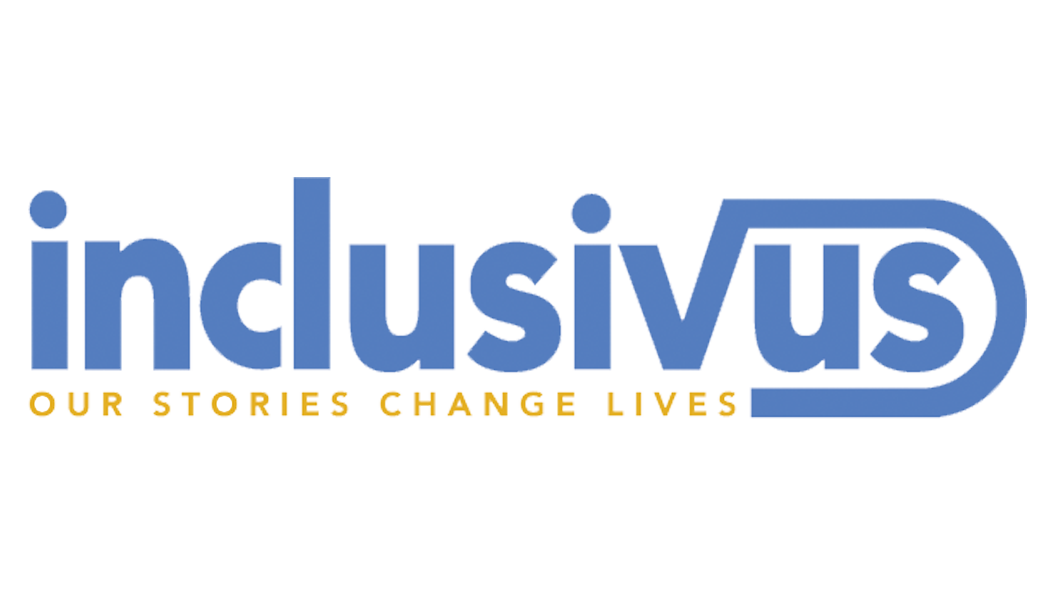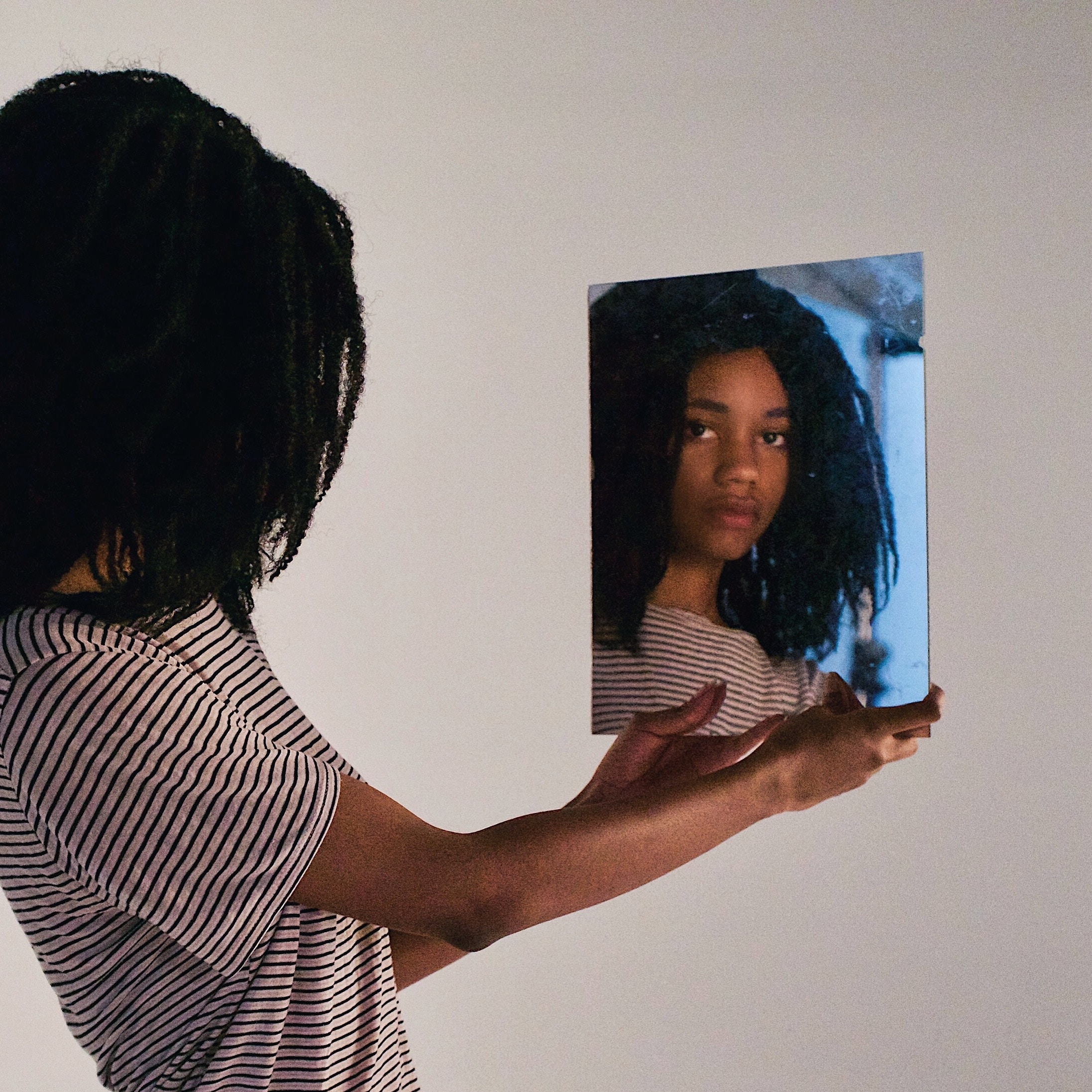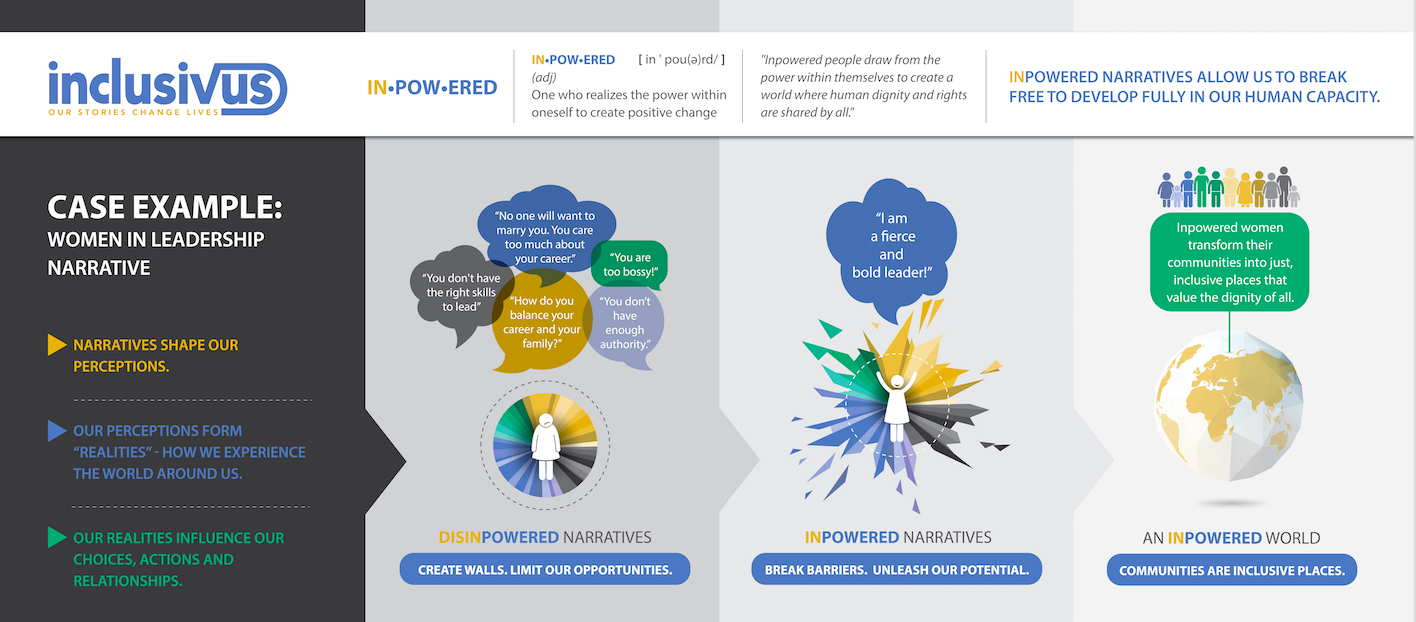By Judithe Registre, Founder and Podcast Host
Photo by Sydney Jackson on Unsplash
The search for justice is about our humanity.
What does it truly mean? It means that regardless of social or biological differences, at our core, we are all the same and want to have the same rights to exist. This may sound like a cliché, but it is worth saying and worth repeating and worth shouting from the rooftops: We all want full recognition in our humanity.
This applies to all humans, whether rich, poor, white, black, refugees, politicians, sick, old, or young. However, this humanity is not a de facto a state of our existence or engagement. It is often overlooked completely, or worse yet, blatantly denied.
We’re only human after all
What if we were socialized to see each other with full compassion?
Acknowledging our humanity as a basis of engagement has never been more critical in the face of a great historical burden as to who we are. If we acknowledge our humanity as the basis of our identity and relation, hope becomes tangible. The fact that you bleed and I bleed, that your desire for safety and security are no different from mine, and that my desire for opportunities, choices, and options are no different from yours, unites us. Perhaps it sounds too idealistic to accept this as a part of our living existence, perhaps not. What if accepting this fact and building all areas of life, including education, work and housing, with this in mind, would make a difference in the quality of our lives? Yes, I know that the ‘being of human’ is often is very messy and flawed. However, we all share this flawed mess.
The story we share
At Inclusivus, we believe that one of the major challenges in dealing with poverty, inequality, and injustice in all their forms is that we fail to see people in their humanity. The struggle for justice is first a struggle for the recognition and acceptance of our humanity.
If we strive for a broad acceptance of this shared story, the level of discrimination and exclusion based on race, gender, and other factors would begin to fade away, having a less negative effect on our lives and our communities.
See it, recognize it, and spread it
The first step to seeing this shared humanity is through the open, vocal acknowledgement of it. We then must let all humans tell their stories and speak their own humanity. At the same time, we, fellow humans, must listen.
We can start now, using the tools at hand, like Twitter and Facebook. Follow people who are different from you, read what they have to say, and share things you would not normally share. Our fellow humans are out there right now, telling their stories and looking for an audience. It is up to us to be that audience. You believe in our humanity? Share this article with a friend.






